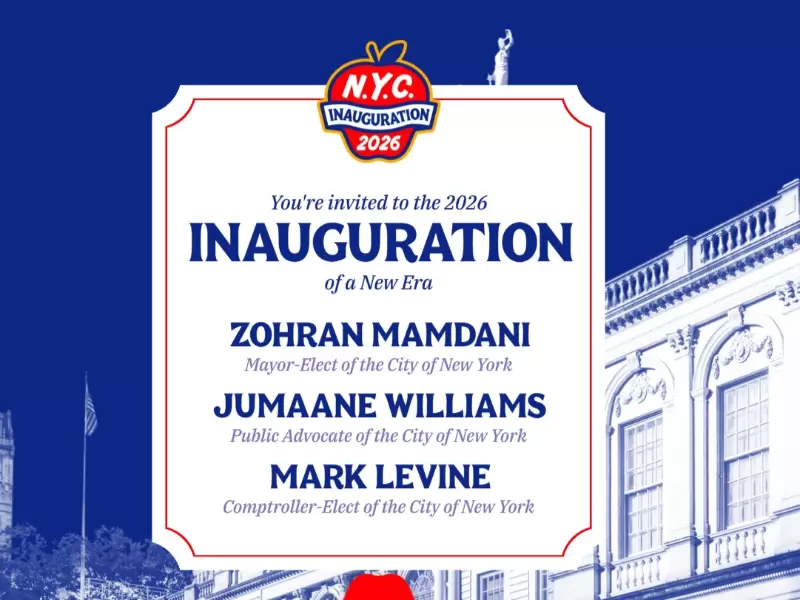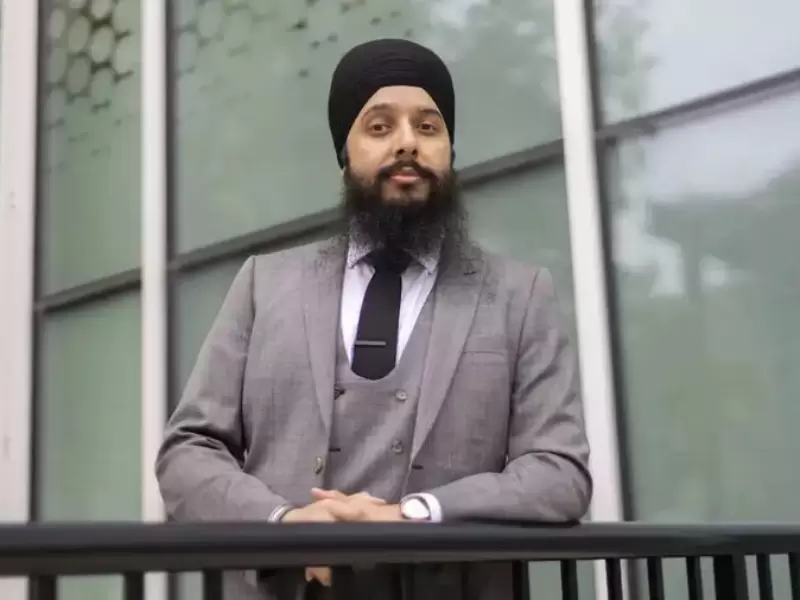Indian-origin psychologist Mahzarin Banaji wins global social sciences award
Raised in Secunderabad, Banaji worked with Anthony Greenwald on a test that shows how people hold hidden attitudes and biases.
.jpg) Banaji was honored with four other U.S.-based social psychologists for advancing understanding of human attitudes. / Niles Singer/Harvard Staff Photographer
Banaji was honored with four other U.S.-based social psychologists for advancing understanding of human attitudes. / Niles Singer/Harvard Staff Photographer
Mahzarin R. Banaji, an Indian-origin psychologist and professor at Harvard University, received the prestigious BBVA Foundation Frontiers of Knowledge Award in Social Sciences last week in Bilbao, Spain.
Banaji, the Richard Clarke Cabot Professor of Social Ethics in the Department of Psychology at Harvard, was one of five U.S.-based social psychologists honored this year. The award, established in 2008, recognizes major contributions in science and the arts. Banaji was specifically recognized for her work with Anthony Greenwald on the Implicit Association Test, which measures hidden biases and has influenced how attitudes are understood across disciplines.
Speaking to the Harvard Gazette, Banaji said, “The single most decisive event of my early career was meeting and working with Tony Greenwald.” She added, “In our early work, we prioritized the development of a method to measure implicit attitudes and beliefs, and it is today the most widely used instrument to study attitudes and beliefs by a simple count of published work.”
Born and raised in Secunderabad, India, Banaji earned her BA from Nizam College and an MA in psychology from Osmania University in Hyderabad. She later moved to the U.S. and held a professorship at Yale before joining Harvard in 2001.
At the awards ceremony on June 19, Banaji reflected on the recognition of work spanning generations. “In choosing to recognize the five of us, born in the 1930s, 40s, 50s, and 60s, in bringing the world’s attention to these ideas and discoveries, you recognize not only us but our intellectual ancestors who surely imagined but did not live to see a thriving science of attitudes become worthy of a recognition such as this,” she told the Harvard Gazette.
She also spoke about the future of her research, particularly in the context of artificial intelligence. “I can tell you that human attitudes and beliefs are clearly embedded in large language models, often emerging from LLMs even more starkly than in humans,” she said. “Given the rapid and unregulated evolution of AI today, perhaps this BBVA Foundation Award will serve to alert the corporate owners of AI to more thoughtfully consider a technology powerful enough to determine the future of life on Earth.”
The award includes an unrestricted prize of 400,000 euros.
ADVERTISEMENT
ADVERTISEMENT
E Paper
Video




 Pranavi Sharma
Pranavi Sharma












Comments
Start the conversation
Become a member of New India Abroad to start commenting.
Sign Up Now
Already have an account? Login